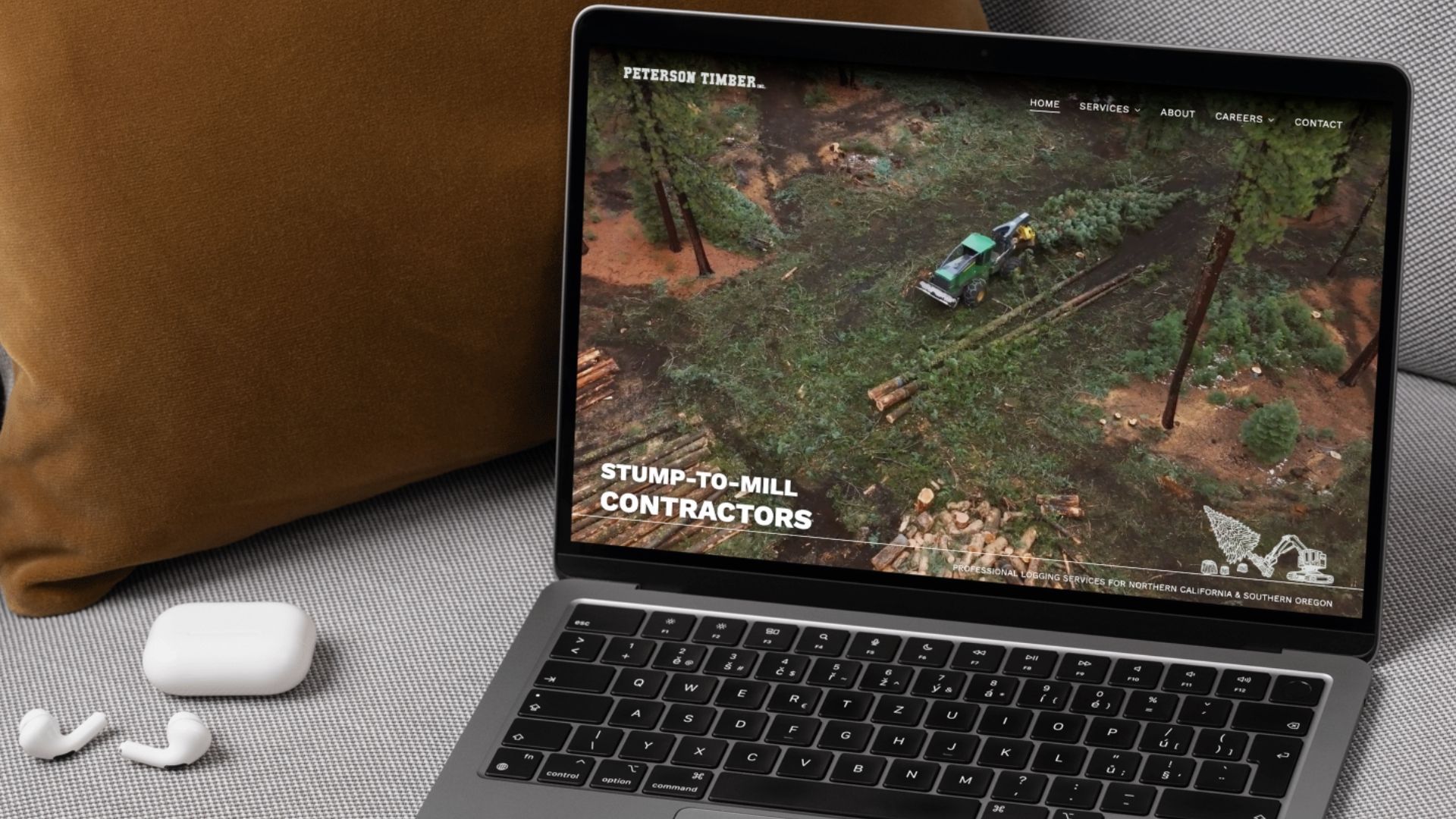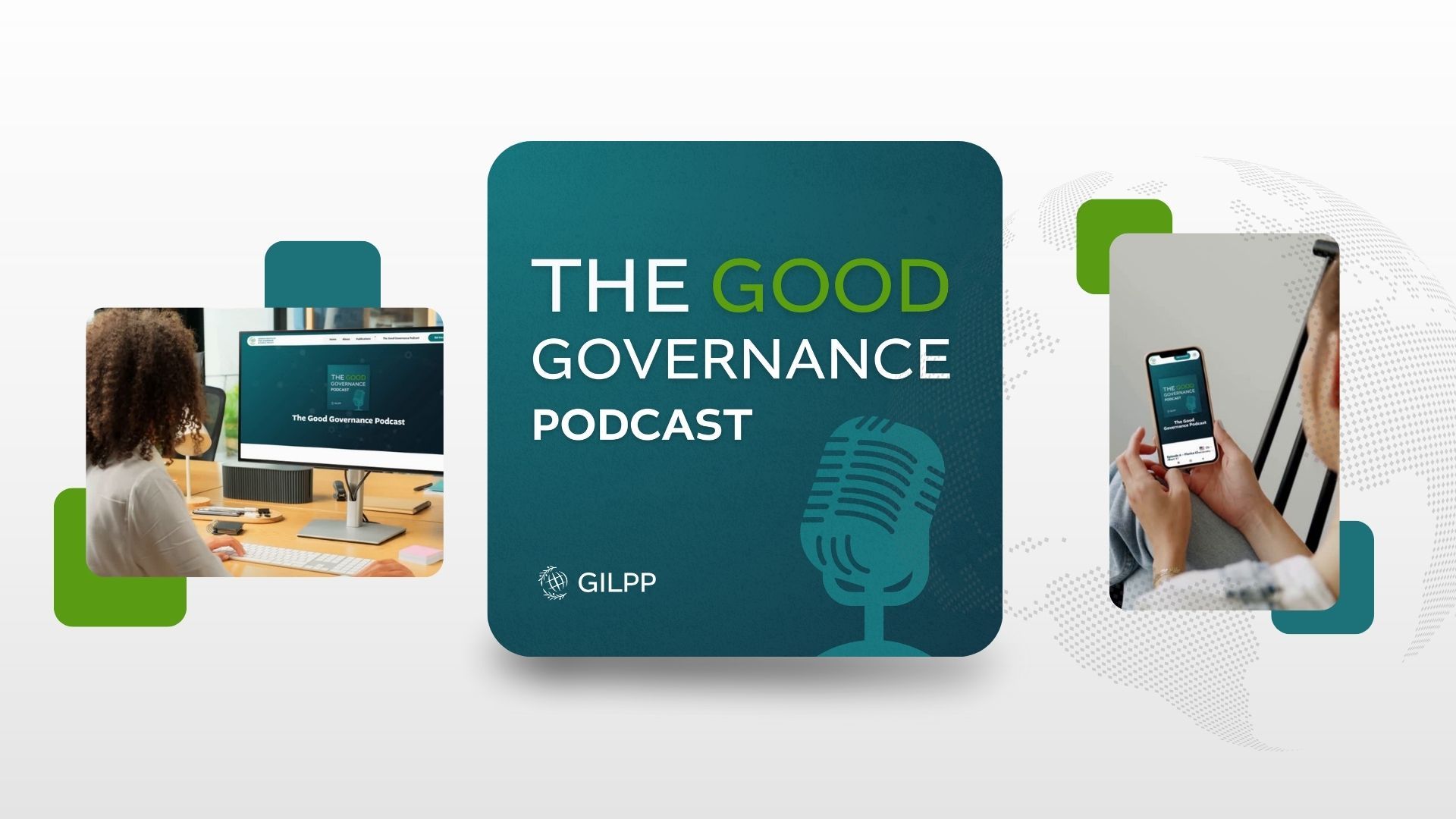
A website that looks good but doesn’t bring in leads is like a billboard in the desert—nice to have, but no one’s seeing it, and no one’s acting on it.
If you’re in a service-based or B2B business—HVAC, landscaping, CNC, trades, or consulting—you’ve probably put time (and money) into your website. But you might still be wondering:
Why aren’t more people filling out the form? Why aren’t the phones ringing?
In a recent conversation between marketing strategist Jake Mooney and SEO copywriter Jef van de Graaf, they uncovered the root of this issue: most business websites are built to look polished—not to convert.
“Some of my clients have $10k to $100k offerings,”
“Their buyers don’t make impulse decisions. So your site needs to lead them clearly, build trust, and eliminate noise. Otherwise, you lose them.”
Let’s unpack the real reasons your site might not be converting—and the changes that actually move the needle.
Your Call-to-Action Isn’t Clear (or It’s Not There at All)
The single most repeated pattern Jef sees across industrial and service websites? Buried or missing calls-to-action.
“Some landing pages didn’t even have a form,”
“Others put it way at the bottom. But the ones that had the form right at the top? Those were getting conversions.”
Once they rolled out this change across all landing pages, the business saw a noticeable uptick in inquiries. Same services. Same traffic. But easier to act.
“If you don’t lead people to an obvious next step—like contact, book, or call—they bounce. Google even sees that in your dwell time.”
Takeaway: Make your next step obvious and frictionless. Whether it's a short form, a phone number, or a scheduler link, it should be immediately visible.
Generic Pages Don't Convert—Clarity Converts
Too many service businesses list everything on a single “Services” page, or bury key info under vague headlines like “What We Do” or “Solutions.”
Jef’s approach: separate every core offering into its own landing page. Why? Because people search and decide based on specific needs, not general categories.
“You’re not just writing for algorithms—you’re writing to match search intent,” Jef explained. “If someone searches for ‘industrial HVAC install Toronto,’ they should land on a page about that service, in that region, with proof it works.”
This one shift—splitting up service content by intent—helped one of his B2B clients double their lead flow over a single quarter.
And it doesn’t just help SEO. It helps sales.
“Think of it as guiding people through the journey of your site,”
“Each page should answer: ‘What’s in it for me?’ and ‘What do I do next?’”

You’re Talking About Yourself—Not Their Problem
Jake and Jef riffed on a classic trap: when websites lead with “We’ve been in business for 27 years” and “Meet our team” content that doesn’t speak to a customer’s need.
“That stuff has a place,”
“But if that’s all you're saying, you’re not marketing. You’re just documenting yourself.”
Instead, show the visitor that you understand their world.
Jef’s advice: embed short videos or stories showing your team on the job solving real problems.
“One client shot a quick video explaining a recurring system failure they fix—posted it as a short. No editing, just real talk. That video helped conversions go up because customers saw someone who understands their problem.”
You’re Ignoring Urgent Buyers
Not all traffic is top-of-funnel.
Jake made a key point: many leads come in when something breaks. A system fails, a client panics, and someone on the team googles a solution.
“That’s when your site has to work. If they land on a page with no contact, no urgency, no proof—you lose them. It’s not a branding moment. It’s a fix-it moment.”
To capture those opportunities:
- Add a phone number and hours of operation in the header
- Include location-specific trust signals (e.g. “serving GTA for 12+ years”)
- Reinforce what kind of urgent issues you handle
It’s about reassuring them: you’ve seen this before, and you can fix it.

Proof Wins—Especially in High-Stakes B2B
Trust is earned through proof, not just claims. That’s especially true in complex or expensive service industries.
Jef shared an example where a client’s geolocation landing pages weren’t working until they added real job stories and on-site video from those cities.
“It wasn’t just ‘we serve this area.’ It was: here’s the actual project we did. Here’s the system. Here’s how it worked.”
Those small additions—photos, customer quotes, jobsite video—turned flat pages into assets that actually converted.
“Even when we did full machine videos at my old company, it was always the raw footage of the equipment running that got the most interest. Not the polished promo. Just the machine doing its job.”
A Few Technical Fixes Can Make a Big Difference
Sometimes conversion isn’t about content—it’s about performance.
If your site is slow, mobile-clunky, or confusing to navigate, visitors drop off before they ever get to your call-to-action.
Jef recommends:
- Use pop-up modals for video so your page loads fast
- Cut unnecessary animations or sliders
- Test forms across mobile and desktop
- Avoid embedding five YouTube videos on one page
“I’m a bit OCD about speed,” “But it matters. A fast, clear page keeps people around—and that helps SEO and leads.”

You’re Not Tracking What’s Working
Neither Jake nor Jef are fans of endless spreadsheets or overbuilt dashboards. But both agree: if you’re not checking where your leads are coming from, you’re flying blind.
“We realized one client was getting most of their form submissions on mobile, during work hours,”
“So we started simplifying the mobile experience even more. Bigger buttons. Less text. Clear actions.”
Don’t overthink analytics. But do make sure:
- You know which pages convert best
- You’ve got a way to track form submissions or calls
You revisit what’s actually working every quarter
You Don’t Need More Traffic—You Need Better Conversion
If your site is already getting some traffic, the best ROI may not come from ads or new blog posts—it might come from simplifying your pages and fixing conversion basics.
“Lots of businesses come to us saying they need more visibility. But often, they need more clarity. The traffic they have isn’t converting, because the site isn’t built for the customer. It’s built to check boxes.”
Reworking your structure, calls-to-action, and proof points can do more than a 3-month ad campaign if your site isn’t already converting well.
Want to explore how your website could convert better?
Jake and Jef have helped dozens of B2B and industrial companies fix their websites—not with gimmicks, but by focusing on what customers actually want to see.
Unimpressed with your marketing?
Get support and direction with these resources:
- Free Marketing Audit Workbook - Download Now
- Subscribe to Our YouTube Channel for practical marketing tips and strategies. Subscribe
- Contact Us - Let’s create a custom strategy for your business. Get In Touch
- Connect with Jake Mooney on LinkedIn - Connect
Why Your Website Isn’t Getting Leads—And How Simple Changes Can Fix It




